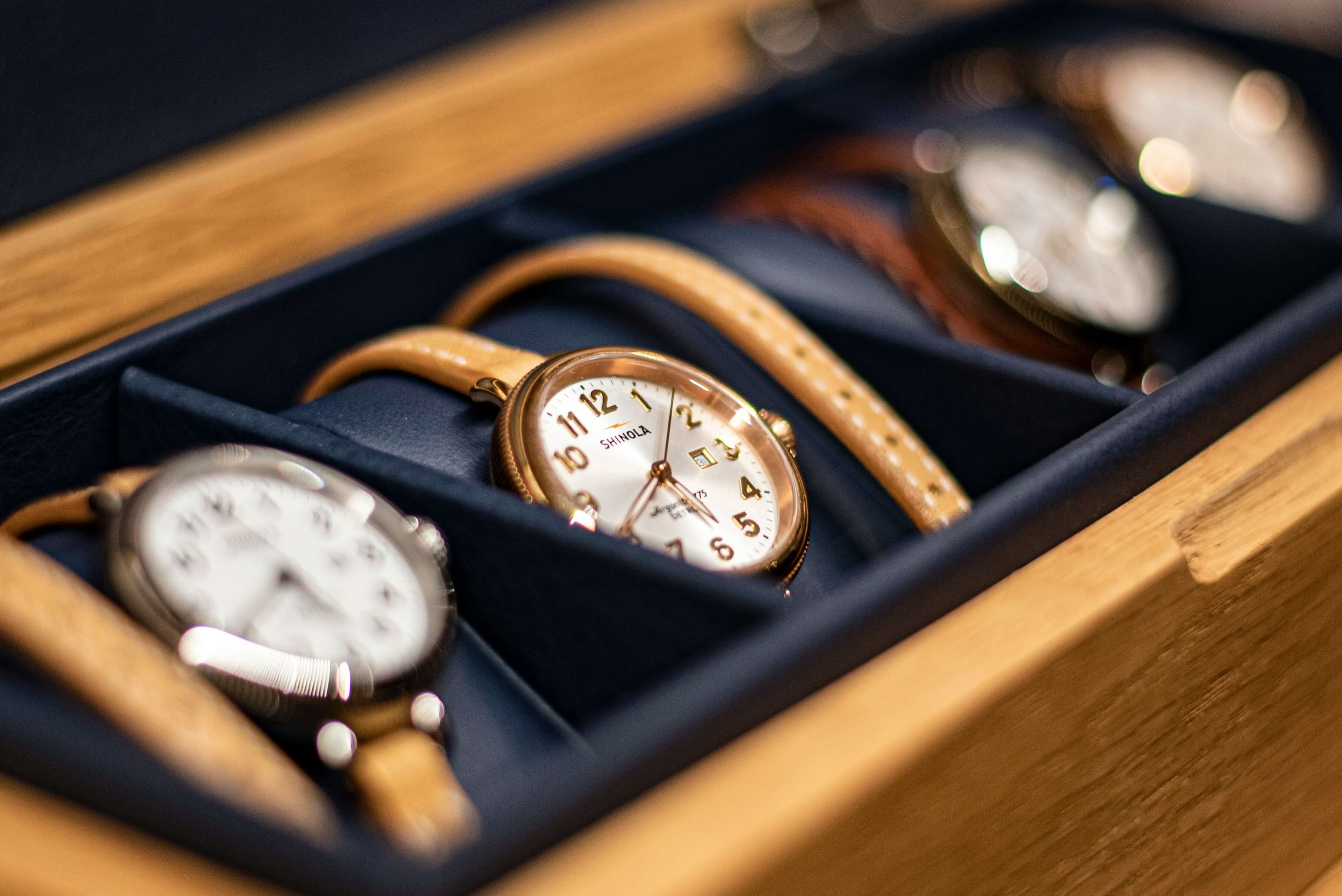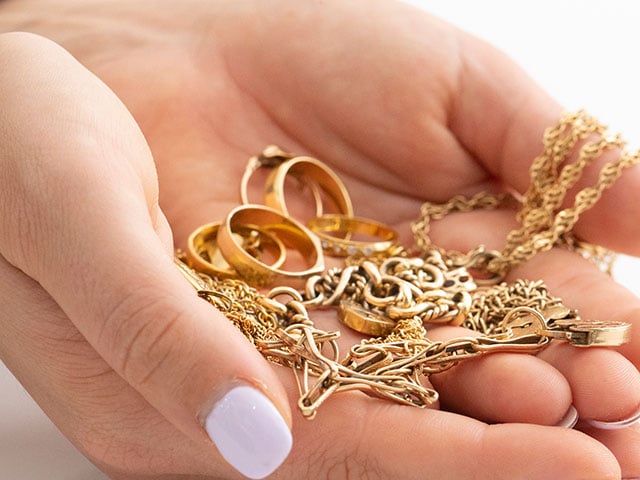
Why More Australians Are Choosing to Sell Gold Coins (And What You Should Know Before You Do)
I’ll be honest — when I first heard a friend had made nearly two grand by selling a handful of old gold coins, I thought he was exaggerating. You know how people talk up their little wins? But no, turns out it’s a genuine thing. There’s a quiet but growing number of Australians rummaging through drawers, safes, and even those old biscuit tins passed down from grandparents — all looking for a bit of forgotten gold.
And honestly, it makes sense. The world’s gone a bit wild lately — markets jump, prices wobble, and cost-of-living pressure is on everyone’s shoulders. Yet, the value of gold has this uncanny way of holding its ground. It’s steady. Tangible. You can hold it in your hand and know it’s worth something real.
So, let’s talk about what it’s actually like to sell gold coins — the right way. Whether you’ve got an old Krugerrand from a family trip in the ’80s or a handful of commemorative coins gathering dust, there’s a smart (and not-so-smart) way to go about it.
The Surprising History Behind Gold Coins in Aussie Homes
If you grew up in Australia, there’s a decent chance your parents or grandparents tucked away a few gold coins at some point. Maybe it was a wedding gift, a small investment, or something they bought “for the kids” back when gold was much cheaper.
Australia’s had a long love affair with gold — from the gold rushes of the 1850s to the Perth Mint producing some of the world’s most sought-after bullion coins. Even today, those classic kangaroo or koala designs are internationally recognised.
The funny part? Most people forget they even have them. I’ve spoken to a few Sydney jewellers who say it’s quite common for people to bring in a random old coin, unsure if it’s worth much. Then their jaw drops when they hear the value.
Why People Are Selling Gold Coins Right Now
There’s a mix of reasons behind the recent wave of people looking to sell gold coins — and it’s not all about financial stress.
Some are decluttering. The minimalism trend isn’t slowing down, and old coin collections often sit forgotten for years. Others are looking to fund holidays, renovations, or even just ease the burden of rising bills.
But there’s also something deeper. I think, after the uncertainty of the last few years, people are starting to value liquidity — the freedom to turn something physical into cash when needed. Gold coins offer that flexibility in a way few other assets do.
The bonus? You’re not selling something sentimental like grandma’s wedding ring. Coins, while beautiful, are easier to part with emotionally.
How to Know If Your Gold Coins Are Actually Valuable
Here’s the tricky part — not all gold coins are equal.
Some are pure gold bullion coins (like the Australian Kangaroo or the Canadian Maple Leaf) and trade closely with the current gold price. Others, like limited-edition commemorative coins or pre-decimal pieces, might have extra collector’s value.
A few quick tips:
Check for purity and weight.
Look for stamps like “9999” (which means 99.99% pure gold). The higher the purity, the higher the value.
Research current gold prices.
Gold prices change daily, so have a rough idea before heading to a buyer.
Be wary of wear and tear.
While gold doesn’t rust, scratches or damage can slightly affect the price, especially if the coin has numismatic (collector) value.
Don’t clean your coins.
I know it’s tempting, but cleaning can actually reduce the value. Leave that patina — it tells a story.
Where to Sell Gold Coins in Australia
Here’s where people often go wrong — selling to the first place they find. Not every gold buyer offers fair rates, and some bank on the fact that you might not know your coin’s true worth.
If you’re in a city like Sydney or Melbourne, you’ll find reputable dealers who’ve been in the business for decades. Look for businesses that clearly display live gold prices, provide transparent testing, and explain their process upfront.
A reliable example is the team at sell gold coins — they’ve built a reputation for honest evaluations and straightforward service. It’s worth comparing a few quotes though. Even small differences in price per gram can add up quickly.
If you’re outside the city, many established gold buyers offer insured mail-in services. But always check reviews, verify credentials, and make sure your package is tracked and insured for its full value.
What Happens When You Sell Gold Coins
A lot of people are nervous about what actually happens when they walk into a gold buyer’s store. It’s not as intimidating as it sounds.
Typically, they’ll:
Weigh your coins in front of you.
Test the purity (often using XRF technology, which is non-destructive).
Offer a price based on the day’s gold rate.
The process is surprisingly quick — usually 10 to 15 minutes — and you can get paid on the spot. Some people describe it as oddly satisfying: walking out lighter (literally) but with a handful of cash or a bank transfer already done.
The Environmental Angle: Gold, Mining, and Sustainability
This is the part that caught me off guard when I started researching the gold trade. Selling old gold isn’t just financially smart — it’s environmentally responsible.
Every time gold gets recycled, it reduces the demand for new mining. Considering how resource-intensive and environmentally damaging gold extraction can be, selling unused coins actually plays a small but meaningful role in sustainability.
If that’s something you care about, it’s worth reading this piece about how Sydney gold buyers are helping to reduce mining waste. It’s a great reminder that even small actions — like clearing out that old coin stash — can have ripple effects.
Tips for Getting the Best Price When Selling
Alright, let’s get practical. You want to make sure you’re not underselling your gold. Here’s what experts recommend:
Compare at least three offers.
It might feel like extra effort, but a few hundred dollars difference isn’t uncommon.
Watch the gold price trends.
Gold tends to rise during times of economic uncertainty. If prices are climbing, waiting a week or two might pay off.
Sell during business hours, not weekends.
Some places fix their rates at the start of the day or week. Selling when the markets are open often means more accurate (and potentially better) rates.
Ask about fees or deductions.
Reputable buyers won’t hide fees, but always double-check.
Keep your paperwork.
Especially if the coins are part of an estate or investment portfolio. It helps with record-keeping and tax purposes.
A Personal Story: The Coin in the Drawer
A few months ago, I interviewed a retired schoolteacher from Parramatta — let’s call her Margaret — who’d kept a single gold sovereign from her father. “It sat there for decades,” she told me. “I thought it was more sentimental than valuable.”
When her grandson mentioned how much gold prices had risen, she decided to get it appraised. Turns out, that one coin was worth nearly $700. “I nearly fell off my chair,” she laughed. “I used the money to buy a new laptop and take my grandkids to the zoo.”
Margaret’s story isn’t unique. For many Australians, selling gold coins isn’t about cashing out a major investment — it’s about rediscovering small treasures that can make a meaningful difference.
When Not to Sell
This might sound strange coming from someone writing about selling gold, but sometimes — it’s better to wait.
If your coins have strong sentimental or historical value, or if they’re part of a collector’s set that might appreciate over time, selling might not be the best move right now.
The trick is knowing which category your coins fall into. A quick chat with a knowledgeable appraiser or reputable buyer can help you figure that out.
The Emotional Side of Letting Go
You might not expect this, but there’s often an emotional element to selling gold. For some, those coins represent memories — a relative’s legacy, a wedding gift, or a little nest egg from better times.
But there’s also something liberating about turning those memories into something that serves you now. Maybe it funds a trip you’ve always wanted to take. Maybe it helps pay off a debt or covers a home upgrade.
Whatever the reason, it’s a reminder that value isn’t just in keeping — it’s in knowing when to let go.
Wrapping It Up
Selling gold coins isn’t about chasing trends or cashing in on hype. It’s about understanding what you have, valuing it properly, and making a decision that fits your life right now.
In a world where digital everything feels fleeting, there’s something oddly grounding about gold — real, physical, unchanging. And when you decide to sell, it’s not just a transaction. It’s a small act of reclaiming value from the past and putting it to work in the present.
So, if there’s a coin box hiding somewhere in your home, maybe it’s time to take a look. You never know — that small glimmer of gold could be worth more than you think.











